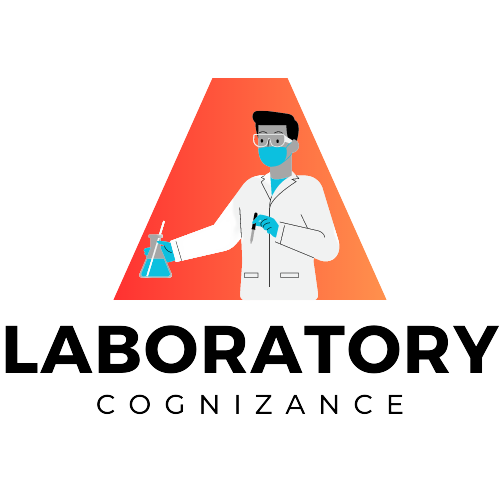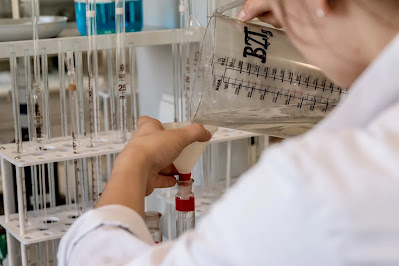Introduction:
Laboratory work is an enchanting realm where scientific breakthroughs come to fruition. Behind each discovery, skilled researchers possess a repertoire of indispensable laboratory skills and techniques for research excellence. This piece will explore the crucial skills & techniques that any researcher should be proficient in while revealing the fascinating world of laboratories. Whether you want to become a scientist or want to improve your skills as a seasoned researcher, this post will offer insightful advice that will help you open the doors to scientific achievement.
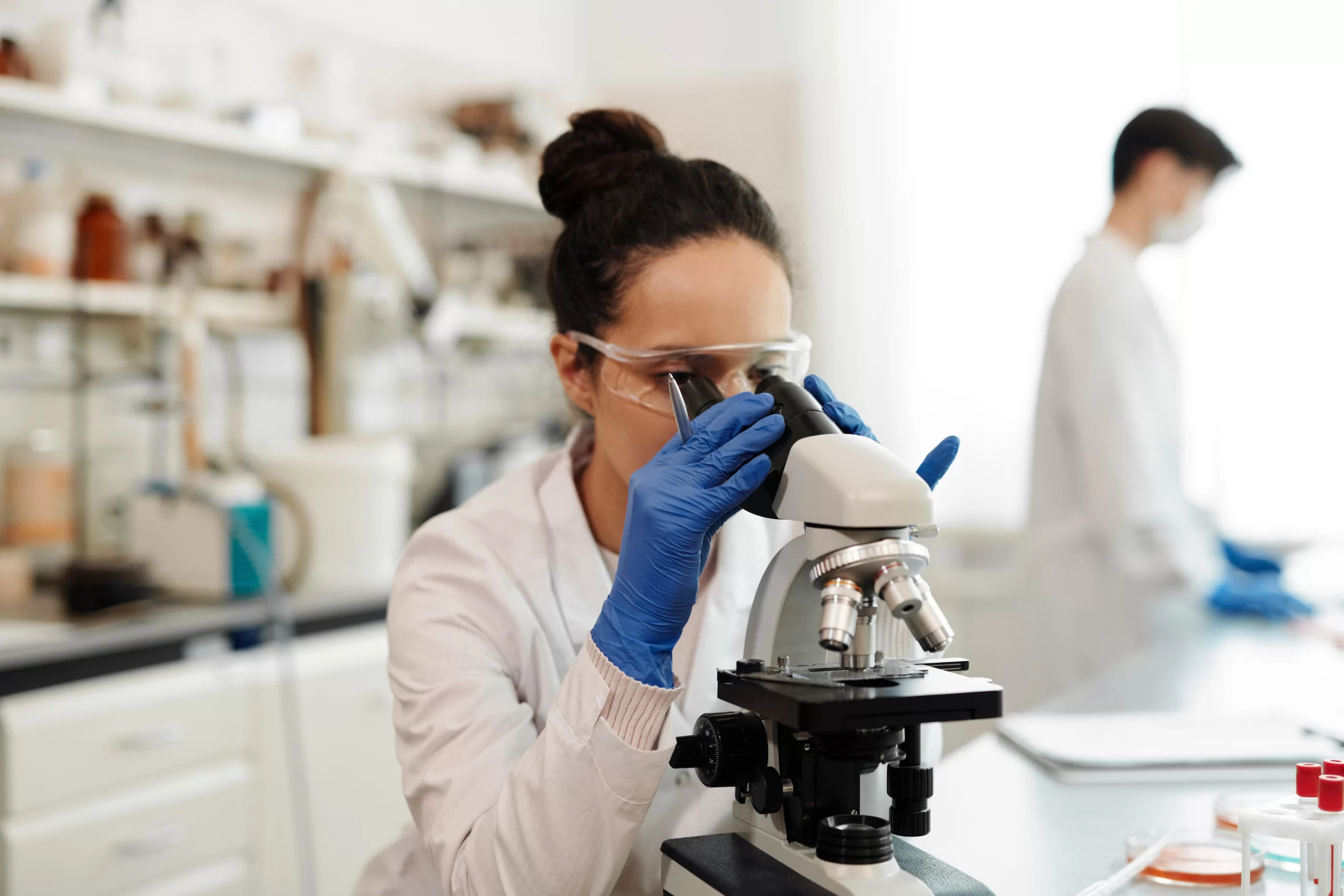
Precision in laboratory skills and techniques: Cultivating Dexterity and Hand-eye Coordination
Dexterity and hand-eye coordination are fundamental skills for any researcher. The ability to manipulate delicate samples, handle precise instruments, and perform intricate tasks is crucial in the laboratory. We will delve into the significance of developing these skills and provide practical tips & exercises to enhance your precision & control.
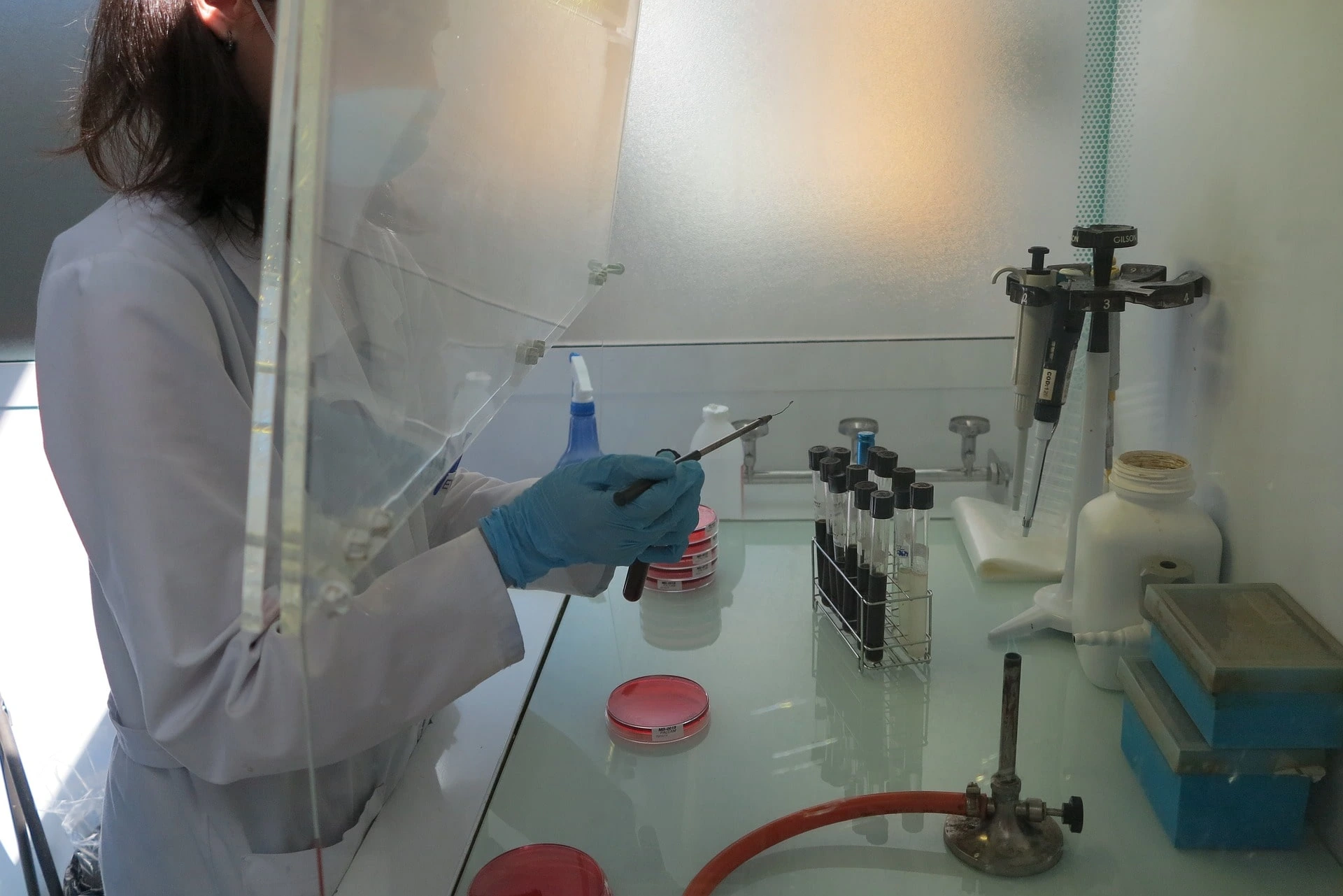
Technological Frontier of laboratory skills and Techniques: Mastering Technology Skills in the Lab
In today’s technologically advanced world, researchers must embrace and master various tools & software to effectively carry out their work. We will explore cutting-edge technologies utilized in laboratories and offer guidance on navigating computerized tools, instruments, and software. From data analysis to equipment maintenance, you will discover the essential technical skills every researcher should possess.
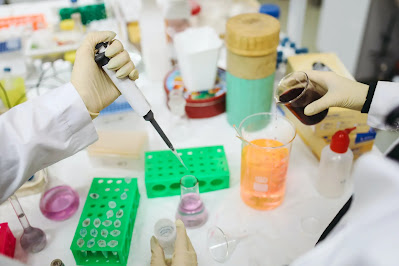
The Devil is in the Details: The Art of Meticulousness in Laboratory Work
Meticulousness is an invaluable skill that sets exceptional researchers apart from others. We will explore the utmost significance of paying close attention to detail in laboratory work and how it profoundly affects the accuracy & reliability of research findings. Throughout this exploration, you will acquire practical techniques to sharpen your observation skills, meticulousness, and thoroughness. By doing so, you will ensure that every minute aspect is meticulously observed and nothing escapes your attention in your scientific pursuits.
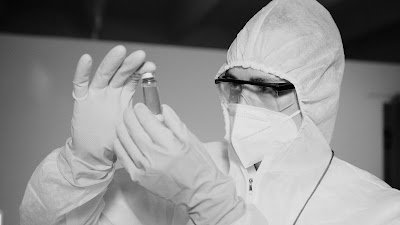
Decoding the Puzzle: Mastering Analytical Skills for Data Interpretation
Analytical skills are vital for unravelling the mysteries hidden within scientific data. We will explore different analytical techniques & methodologies researchers employ to examine information, draw conclusions, and present their findings effectively. You will gain insights into honing your analytical abilities and presenting your results with clarity and precision.
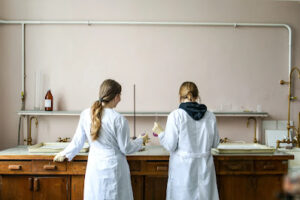
Communication: Bridging the Gap Between Data and Discovery
Effective communication serves as a bridge connecting researchers to their peers and the wider scientific community. We will delve into the importance of clear and concise communication in the laboratory, both in written & verbal forms. You will discover strategies for conveying complex scientific information, collaborating with fellow researchers, and presenting your work with impact.
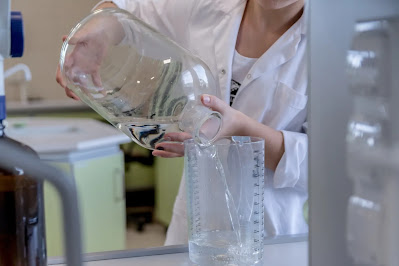
Organizing for Efficiency: Streamlining Workflows and Ensuring Safety
The organization plays a vital role in maintaining an efficient & safe laboratory environment. We will explore techniques for organizing equipment, managing data, and optimizing workflows. By implementing effective organizational strategies, you will enhance productivity and create a safer work environment for yourself and your colleagues.
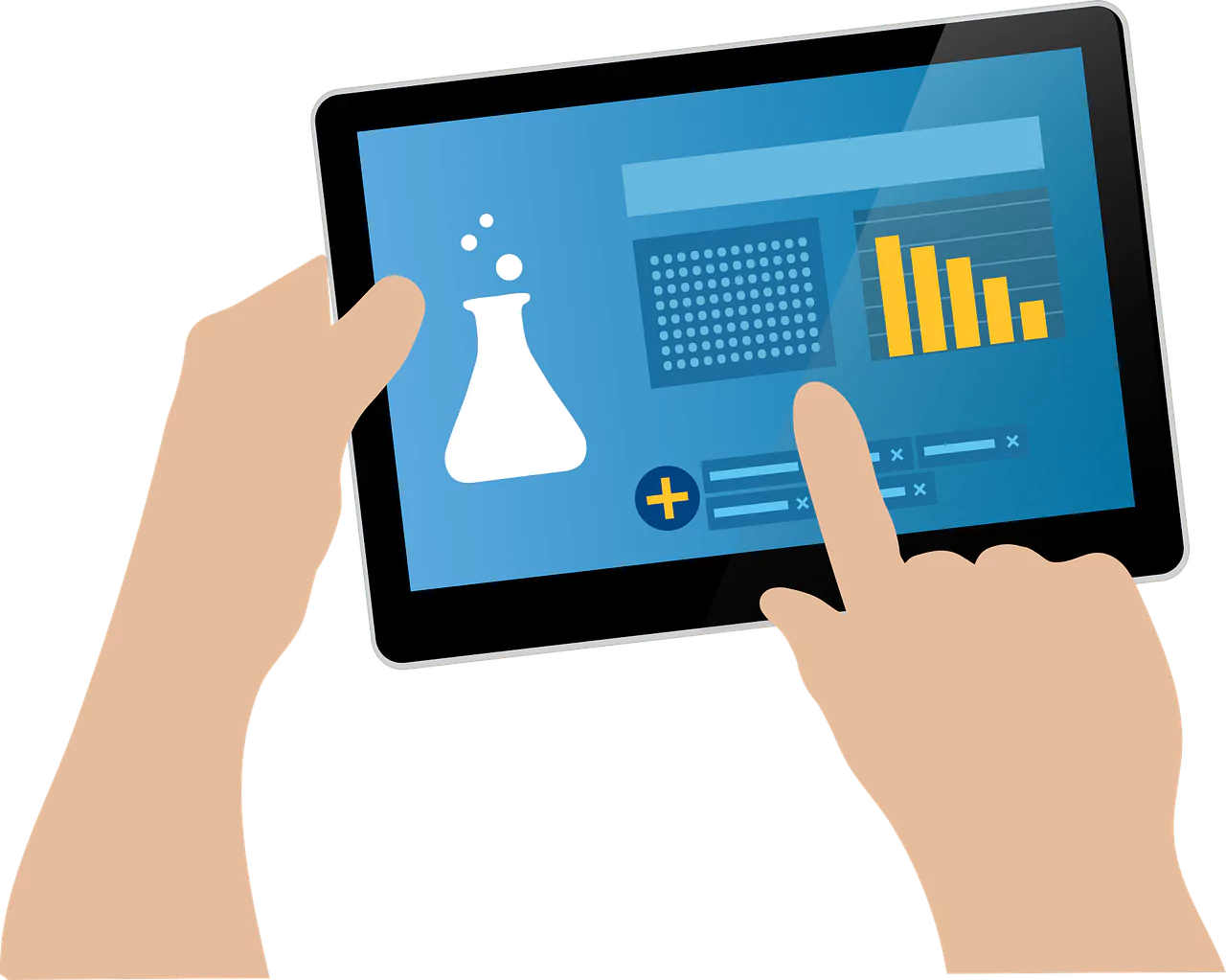
Click this Link to read about: “Lab Skills: Definition and Examples“
Conclusion:
In the enchanting world of laboratories, mastering vital skills and techniques is the key to unlocking scientific success. By developing dexterity and hand-eye coordination, researchers gain the ability to manipulate delicate samples, handle precise instruments, and perform intricate tasks with finesse. Additionally, mastering technology skills are essential in today’s technologically advanced era, enabling researchers to navigate computerized tools, instruments, and software seamlessly. Meticulousness plays a crucial role in laboratory work, as paying meticulous attention to detail ensures the accuracy and reliability of research findings. By honing observation skills and embracing thoroughness, researchers leave no aspect overlooked, paving the way for scientific excellence.
Understanding how to analyse data is essential for unlocking the mysteries hidden in scientific findings. Researchers use a variety of analytical techniques & methodologies to study data, make reliable conclusions, and effectively communicate their findings. The pursuit of scientific knowledge requires the ability to analyse data precisely & clearly.
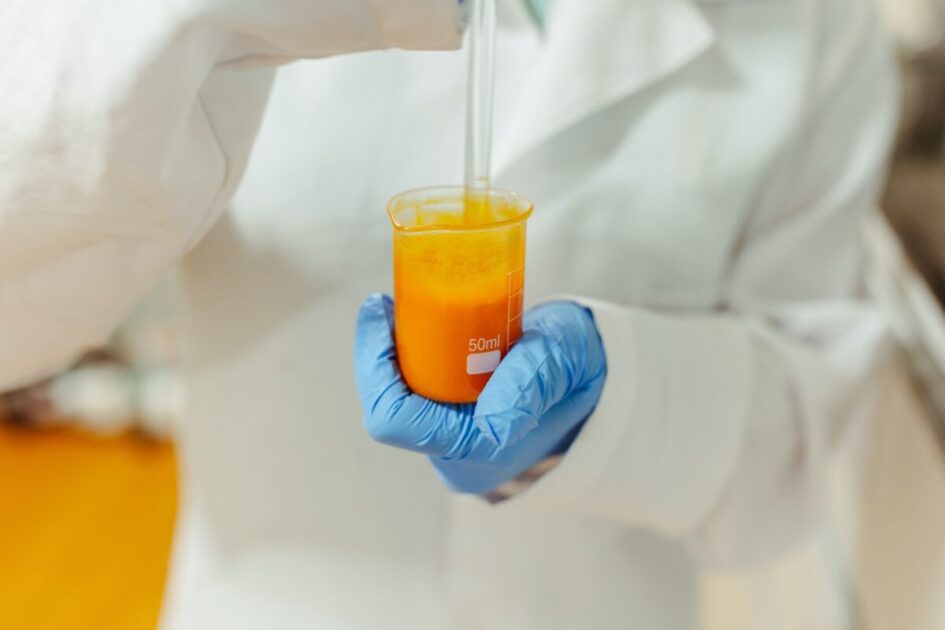
Researchers’ relationships with their peers and the larger scientific community are facilitated by effective communication. Researchers can more effectively collaborate with other scientists, deliver their work with impact, and transmit complicated scientific knowledge when they can communicate clearly and concisely both orally and in writing.
Organizational skills streamline workflows and ensure safety in the laboratory environment. By efficiently organizing equipment, managing data, and optimizing workflows, researchers enhance productivity and create a safer workspace for themselves and their colleagues.
Always keep in mind that the magic of Laboratory Skills and Techniques as a researcher for excellence is within your reach as you make your way through the scientific world. Give yourself the fundamental understanding and skills described in this brief but reliable text, and watch your scientific ambitions soar to new heights. You have the potential to excel in the field of science if you work hard, persist, and make a commitment to lifelong learning.
Remember, the laboratory is where dreams become a reality, and with the right skills and techniques, you can shape the future of scientific discovery!
FAQs
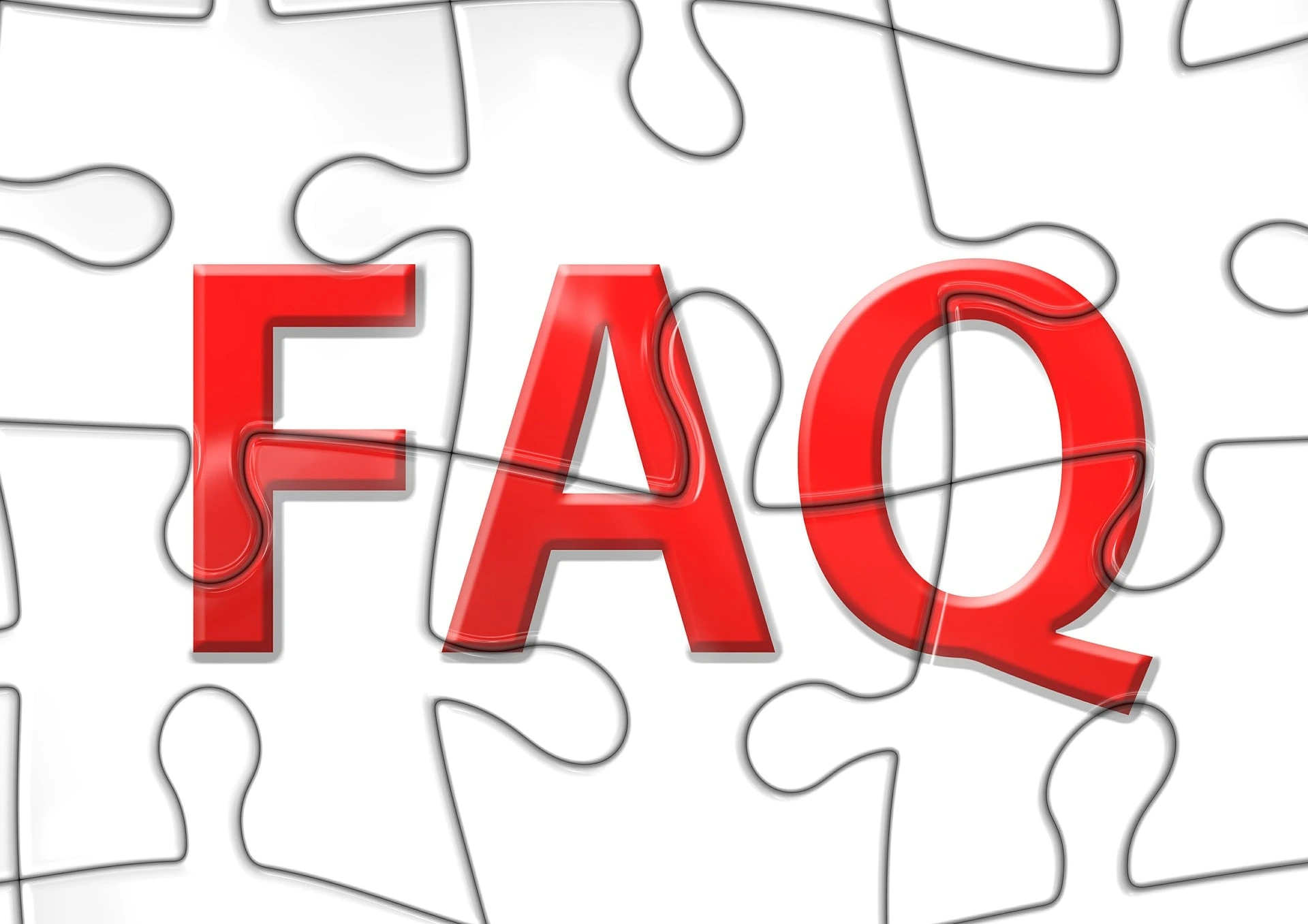
Q: What are some fundamental skills for researchers in the laboratory?
A: Dexterity & hand-eye coordination are essential skills for researchers in the laboratory. These skills enable them to handle delicate samples, manipulate precise instruments, and perform intricate tasks with accuracy.
Q: Why is meticulousness important in laboratory work?
A: Meticulousness is crucial in laboratory work because it ensures the accuracy & reliability of research findings. Paying close attention to detail allows researchers to observe every minute aspect and leave no stone unturned in their scientific pursuits.
Q: How does effective communication contribute to scientific research?
A: Effective communication has a crucial role in scientific research as it helps connect researchers, their peers, and the broader scientific community. The ability to communicate clearly & concisely, whether through writing or speaking, empowers researchers to effectively convey intricate scientific information, collaborate efficiently, and deliver impactful presentations of their work.
Q: What role do organizational skills play in laboratory environments?
A: Organizational skills are essential for maintaining an efficient and safe laboratory environment. By organizing equipment, managing data, and optimizing workflows, researchers can enhance productivity & create a safer workspace for themselves and their colleagues.
Q: Why is mastering analytical skills important for researchers?
A: Researchers must master analytical skills as they are essential in unravelling the mysteries concealed within scientific data. By employing a diverse range of analytical techniques and methodologies, researchers can thoroughly investigate information, derive dependable conclusions, and adeptly present their findings with clarity & precision.
